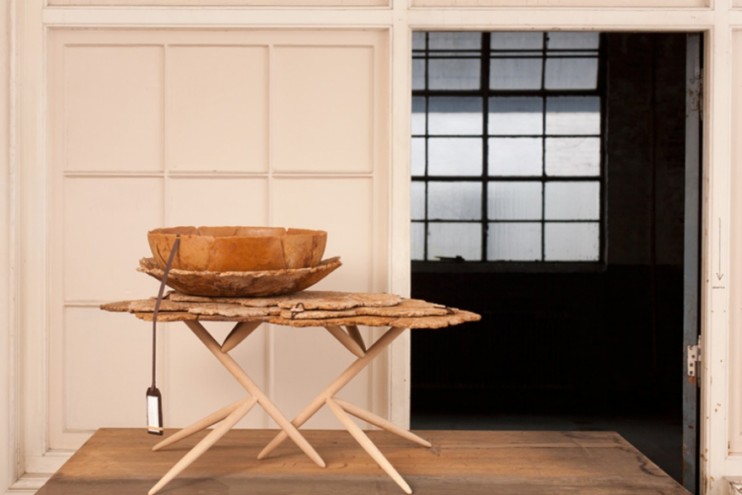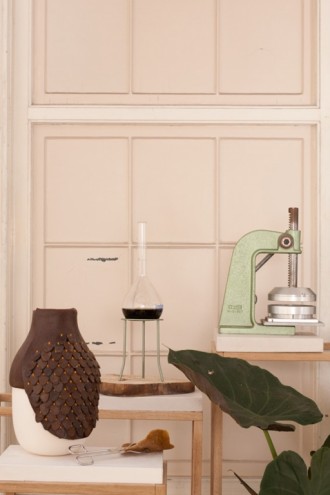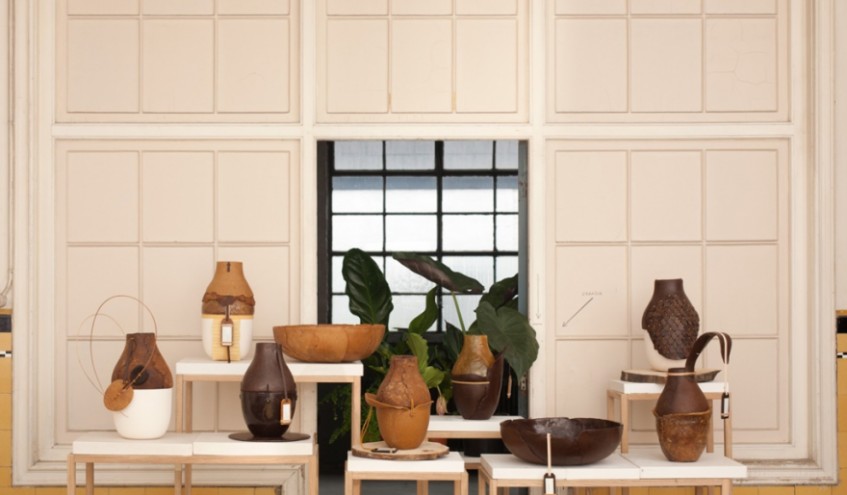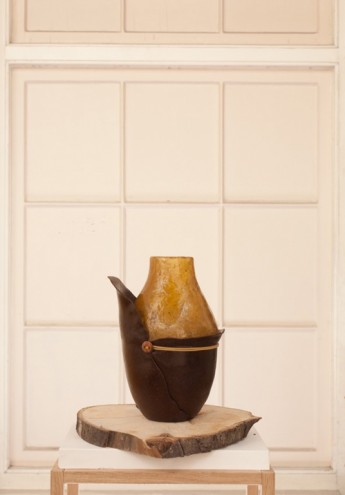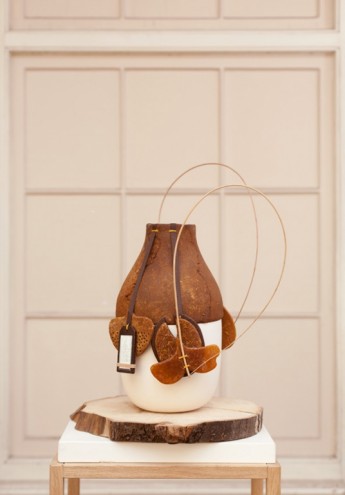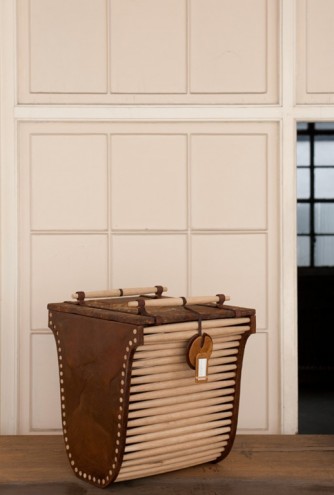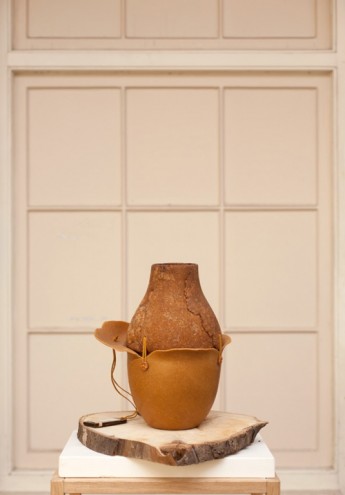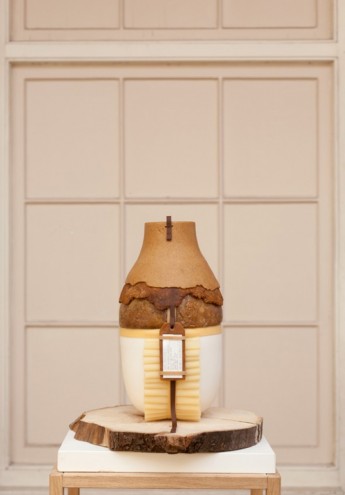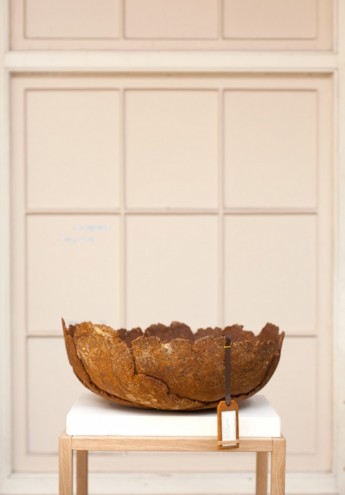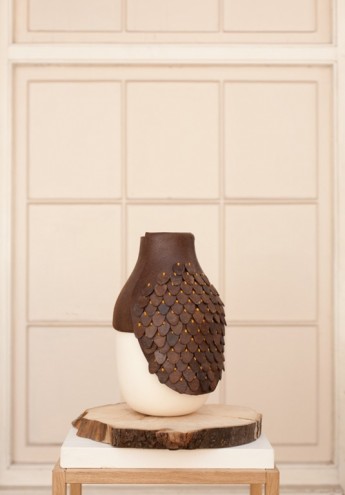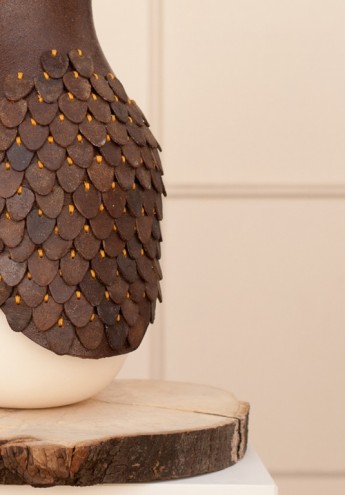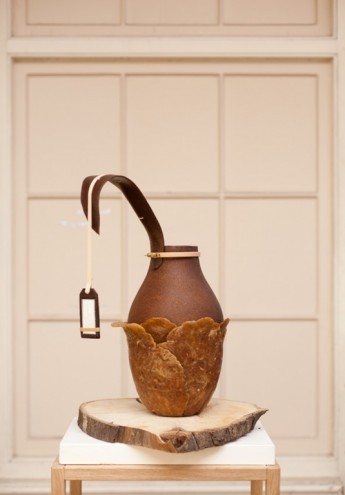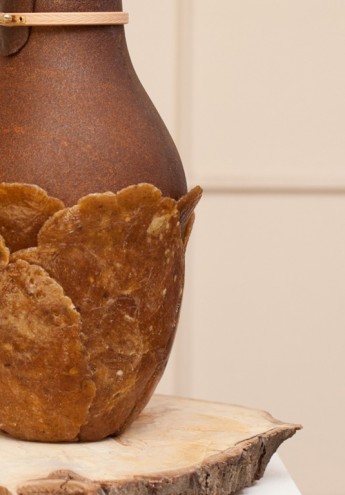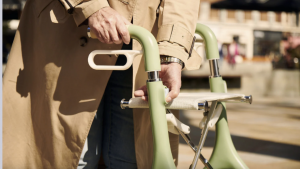“Botantica”, the latest project by studio Studio FormaFantasma, is an initiative aimed at interpreting and preserving plastic-based art and design works.
The project was commissioned by Plart, an Italian foundation for the recovery, restoration and conversation works of art and design produced in plastic. Botanica can be seen at the Design Museum in London from 8 to 15 February 2012.
Botanica explores the tension between the need to find an alternative to plastic, and the need to appreciate how plastic has penetrated our culture.
As such, the objects displayed in Botanica have been designed as if the oil-based era in which we live simply never happened. Taking on the role of historians, FormaFantasma investigated the pre-Bakelite period to find unexpected textures and technical possibilities from the natural polymers of plants and animal-derivatives. The designers also explored the uses of materials such as Rosin, Dammar, Copal, Shellac and Bois Durci.
FormaFantasma explain that “the organic details and plant-like forms of the pieces [in Botanica] underline the vegetal and animal origins of the resins, while the palette of colours is based on natural amber tones in combination with traditional materials, such as wood, ceramics and metal”.
Plastic becomes an important detail in Botanica, working to help develop a new post-industrial aesthetic.
With Botanica FormaFantasma looks to the past as a source of inspiration, while producing work with a highly relevant contemporary twist. In their own words: “FormaFantasma offers a new perspective on plasticitiy, reinterpreting centuries-old technology lost beneath the impeccable surface of mass production.”

